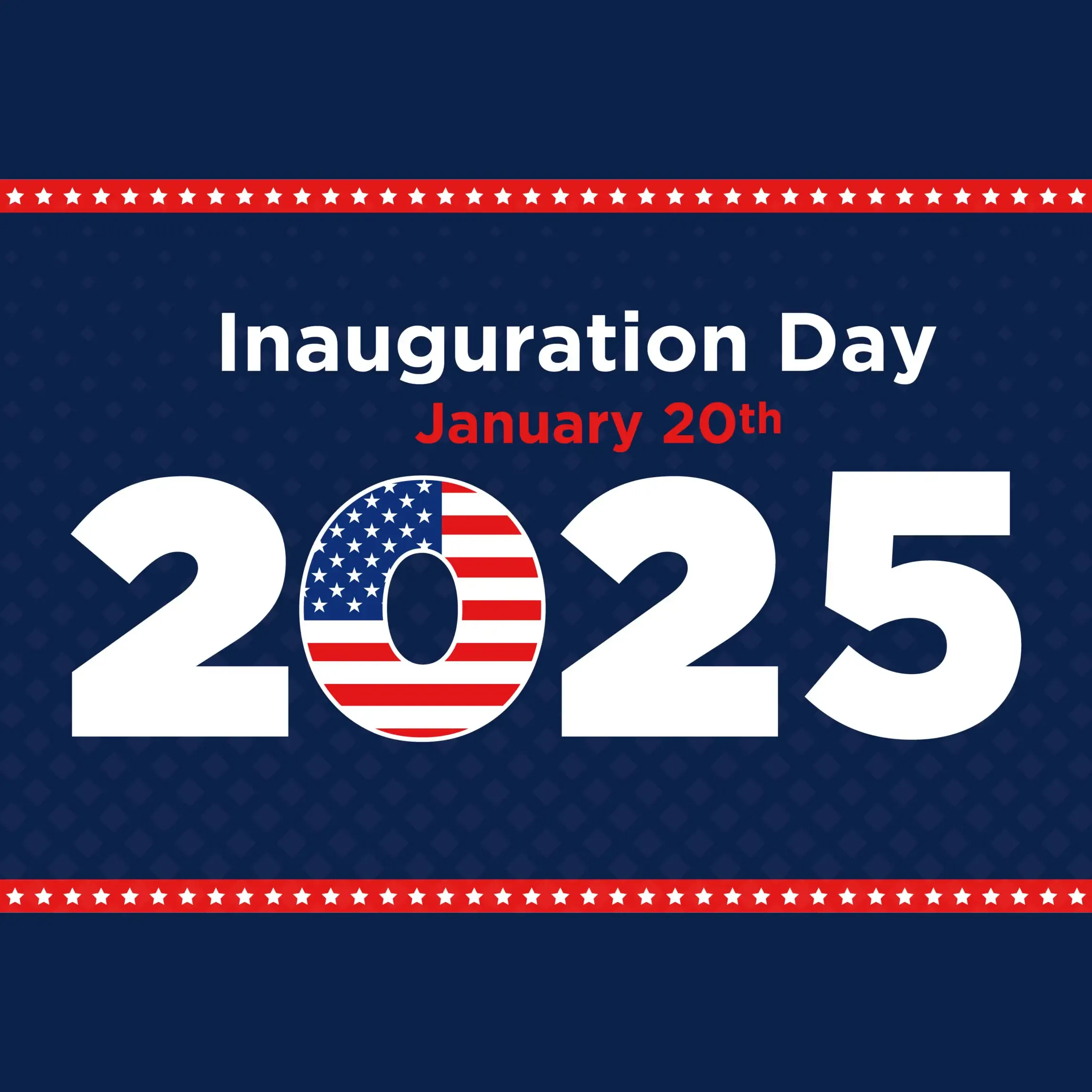To Be or Not To Be

To Be Or Not To Be: Vaccinated
You know it used to be against the law to kill yourself. Jack Kevorkian was a major force for change regarding suicide. He said we needed to face the fact that some people think their lives are not worth living. That the fact is today there are vast numbers of people who would rather be dead.” Dr. Kevorkian’s first assisted suicide patient was an Oregon school teacher who suffered from Alzheimer’s disease. Janet Adkins’ assisted suicide in 1990, became the inspiration for state legislative action.
There are many different social reactions to suicide, ranging from glorification to horror, fascination to condemnation, and criminal wrong to legal right. This broad spectrum is often related to the specific type and form of suicide; and the sociological, religious, and moral lens through which it is viewed.
We are not going to examine the history of suicide from antiquity, where certain types of self-killing were socially acceptable, to its evolution as a criminal wrong and its modern reincarnation as a moral and legal right. We are merely examining the slogan “My body, my choice.”
According to wikipedia, the ironic history of the term is during the 17th and 18th century process of capitalism replacing feudalism, the slogan ‘My body, my choice’ was imposed by oppressor men on oppressed men in an effort to tie together laborers and their own bodies as private properties and extending property rights over them. In late 1969 the slogan was again coined as a feminist struggle for reproductive rights and subsequently recognized by the global feminist struggle.
Does that proverb really hold up? Do you really have the right to do whatever you want with your body? Ask a prostitute if she has the right to do what she wants with her body. She will tell you about the numerous times she was arrested for the so-called “victim-less” crime. And what about the millions of marijuana smokers who were jailed for carrying weed on their person when they were pulled over for going 35 in a 65. Now, even here in Oklahoma, we have dispensaries on almost every corner. Don’t be surprised if Biden makes an executive order that legalizes pot across America. After all, it’s our body, our choice.
Many of us have one or two political issues surrounding our bodies that get us fired up. There’s a lot of you who are listening to this right now that probably have some hot-button issue on your mind. Maybe it’s abortion, or recreational drug usage, or marriage rights, or surrogate pregnancy, or assisted suicide, or sex work, or voluntary amputation, or gender reassignment surgery or vaccinations.
We have a lot of laws about what you can’t do with your body. On the other hand, think about how many different things can be defended with “It’s my body, I’ll do what I want!” Why do we say that? The answer seems obvious: because we’re the only ones who know what it’s like to have our body and it’s probably the only thing we really, truly own. No one can take your body without also taking your life. Why does every lawmaker think they have a right to tell you or me what to do with our bodies?
With millions of people out of work, and millions of others forced to work from home, the pandemic has reshaped the nation’s labor force. And it’s not done yet. As the unemployed look ahead to getting hired and remote employees prepare for a return to the workplace, many are contemplating the same question: Could they eventually be required to get a COVID-19 vaccination if they want to keep their jobs? Could they be required to have a vaccination to go to the store? Could they be required to have a vaccination to buy or sell?
When the FDA grants emergency use authorization for a vaccine, many questions about the product cannot be answered. Given the open questions, when Congress granted the authority to issue EUAs, it chose to require that every individual should be allowed to decide for himself or herself whether or not to receive an EUA product. The FDA and CDC apparently consider this fundamental requirement of choice important enough that even during the height of the Covid-19 pandemic they reinforced that policy decision when issuing their guidance related to the Covid-19 vaccines.
When a vaccine has Emergency Use Authorization, which all of these Covid 19 vaccines have – getting a vaccine is totally voluntary. What the Emergency Use Authorization is saying is “This is an emergency. Let’s try anything.” But legally they can’t make you take something that is used for emergencies. The law is clear: The same section of the Federal Food, Drug, and Cosmetic Act that authorizes the FDA to grant emergency use authorization also requires the secretary of Health and Human Services to “ensure that individuals to whom the product is administered are informed … of the option to accept or refuse administration of the product.”
In the same vein, when Dr. Amanda Cohn, the executive secretary of the CDC’s Advisory Committee on Immunization Practices, was asked if Covid-19 vaccination can be required, she responded that under emergency use authorizations, “vaccines are not allowed to be mandatory. So, early in this vaccination phase, individuals will have to be consented and they won’t be mandatory.”
FDA’s guidance on emergency use authorization of medical products requires the FDA to “ensure that recipients are informed… That they have the option to accept or refuse the EUA product …”
The Emergency Use Authorization for both the Pfizer/BioNTech and Moderna vaccines require facts sheets to be given to vaccination providers and recipients. These fact sheets make clear that getting the vaccine is optional. For example, the one for recipients states that, “It is your choice to receive or not receive the Covid-19 Vaccine,” and if “you decide to not receive it, it will not change your standard of medical care.”
Some people are saying the vaccine is the Mark of the Beast. It can’t be. It’s not mandatory. It’s entirely optional. But what about the next virus or calamity? Will they say “Take this in or on your body. You have no choice. We don’t care if it is your body.”
Getting or not getting a vaccine is already having effects on the economy. There still is a lot of uncertainty when it comes to cruise lines porting from Florida and if it’s going to be required for cruisers to show they have had a COVID-19 vaccine. Gov. Ron DeSantis said getting the vaccine is a private matter and no should be denied service based on that choice, but the CDC wants most passengers to be vaccinated. DeSantis signed an executive order last week banning vaccines passports in the state. “Passengers have been able to safely cruise from international ports for months without being required to divulge their personal COVID vaccination status,” the Governor’s office said “As soon as the CDC ends it’s unconstitutional prohibition on cruising, passengers will be able to do the same from Florida ports.”
For the unsaved, the day is coming when you will have to decide whether or not to take the Mark and live here or face the Lord on Judgment Day. Your body, your choice.


